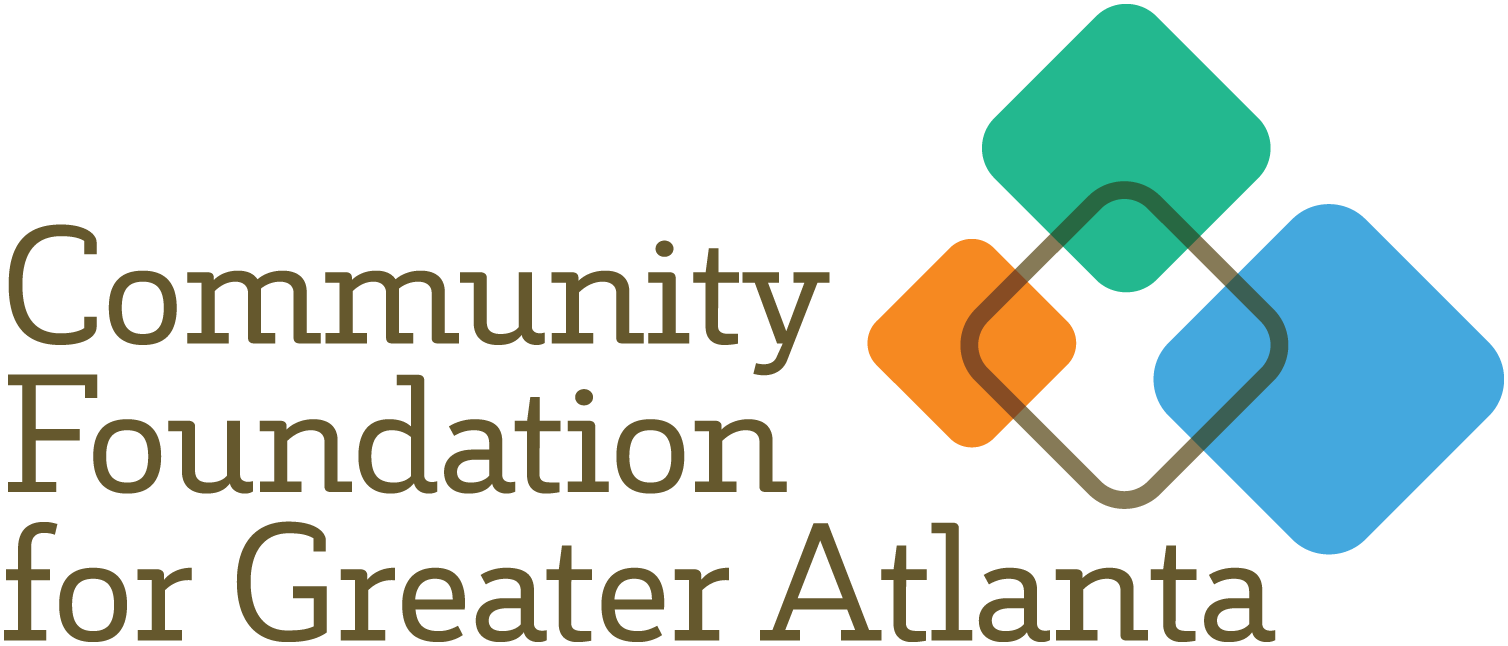Gary Pomerantz’s 1996 book, “Where Peachtree Meets Auburn Avenue” has provided a springboard surrounding race relations between blacks and whites here and throughout our nation. In spite of all the accounts about a city too busy to hate, racial tensions are mounting here daily.
Of course, we are proud of some genuine progress over the past 60 years, but I fear we have not been totally candid and forthcoming about our genuine thoughts and feelings with one another.
Allow me to use Peachtree as a metaphor for the white community, and Auburn Avenue as a metaphor for the black community.
There is no attempt here to review the negative reactions whites and blacks shared recently regarding the brutal murder of innocent black teenagers, Michael and Trayvon, and we dare not overlook this equally important truth.
Both white and black teenagers are guilty of murdering their own family members, classmates, neighbors and friends. There is a terrible spiritual sickness in the land, a sickness of unwarranted rage transcending all boundaries of race, morality, decency and civility.
This is an over simplification of the problem, but as Dr. Samuel Wells — formerly of Duke University — writes, “The vital organs of the capital (D.C.) are under major pressure servicing a body that is just too large.”
We’ve got to break it down into small groups that are able to develop relationships of trust, candor, friendship, and respect for each other. Then perhaps, with an open mind and attentive ear, we can really listen and understand each other.
Anger. Anxiety. Fear. Force.
But we must stop on Ferguson, if only for a brief moment, to acknowledge two of the four elements operative in the tragic death of a teenager, Michael Brown. Then we’ll focus onto part of the history of the black community in Atlanta. We will look at some of the rationale for black anger and anxiety.
In the next blog, we will deal with elements, using the Peachtree metaphor, regarding fear and force in the white community.
First, from Auburn Avenue: Why does so much apprehension and anger linger among us toward our white brothers and sisters? Black people who were taught our treasured history dating before the race riot of 1906 still feel the sadness.
The oldest black Baptist church in Atlanta (Friendship Baptist Church) was founded on a railroad box car in the 19th century, but it was much more than a Sunday morning worshipping congregation. Long before slavery was abolished, this church manifested its commitment to the advancement of black people through education. Monday through Friday, it housed Spelman College, Atlanta University, and Morehouse students.
Dr. A.D. Williams (grandfather of Dr. King, Jr.) successfully promoted the establishment of the first high school that admitted blacks in Atlanta. The list goes on and on.
Just a few weeks ago, Friendship Baptist Church was leveled to the ground to make room for a new sports stadium. Was it worth it?
Anger arises from black people who know this history. Will our new civil rights museum help us retain these historical landmarks for our children and generations to come? Is the right imminent domain and available money from upper Peachtree going to continue our racial separation in Atlanta?
Sometimes it seems too many concessions are being granted to white brothers and sisters, at the expense of black citizens.
Look at the new bike trails in our city, established for the convenience of single riders seven days a week. This probably caused some anger in our black churches when parking space is already limited. We have to walk two or three blocks just to find a parking place for our Sunday morning worship services. Is this really too much to ask the Georgia Department of Transportation to allow us?
Add to this unjust law enforcement, superimposed on us by those who can ignore the law, if they wish. They are so well connected with the powerful, political, corporate and financial systems in Atlanta, that they do this with impunity.
Can you begin to understand the anger of poor black people, living under the shadow of the Dome, and who work part-time jobs at just $7.25 an hour?
I really believe both whites and blacks live in fear and apprehension, not knowing what to expect from each other. However, we must admit the white community usually has an advantage of unwarranted and unfair legal protection that keeps the black community at bay.
If we threaten Peachtree too closely, we will be eliminated (one way or another) with little recourse for mediation, i.e. George Zimmerman, Stand Your Ground laws. This leaves unarmed black victims in a system designed to control us by whatever means necessary.
In my next blog, I will strive to be more objective and look with much greater empathy at some of the pain the white community experiences from black citizens in Atlanta and around the nation. But let me conclude with a call for neighborly compassion toward one another. Susan Reese Carloss puts it well when she writes, “If we knew the bounds of our neighborhood, we could know when we were finished with our compassion requirement.”
Rev. Joseph L. Roberts, Jr.
Categories
- Arts, Culture and Creative Enterprises6
- Book Club26
- Community107
- COVID-1934
- Donor Stories39
- Events30
- Great Grant Stories62
- Higher Ground168
- Housing and Neighborhoods14
- Impact Investing28
- Income and Wealth12
- Media22
- News158
- Nonprofits24
- Philanthropic Resources131
- Place-focused6
- Power and Leadership8
- Press Releases99
- Publications62
- TogetherATL20
- Uncategorized335
